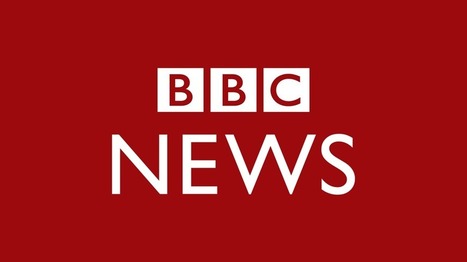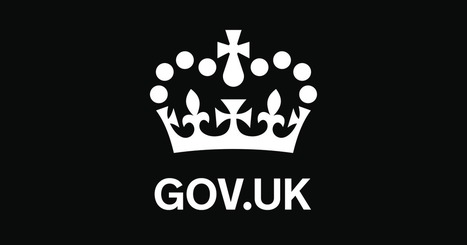New figures show the trend of UK club closures continued despite government support.
Research and publish the best content.
Get Started for FREE
Sign up with Facebook Sign up with X
I don't have a Facebook or a X account
Already have an account: Login
Markets, Competition and Imperfect Competition covered here
Curated by
Geoff Riley
 Your new post is loading... Your new post is loading...
 Your new post is loading... Your new post is loading...
|
|































